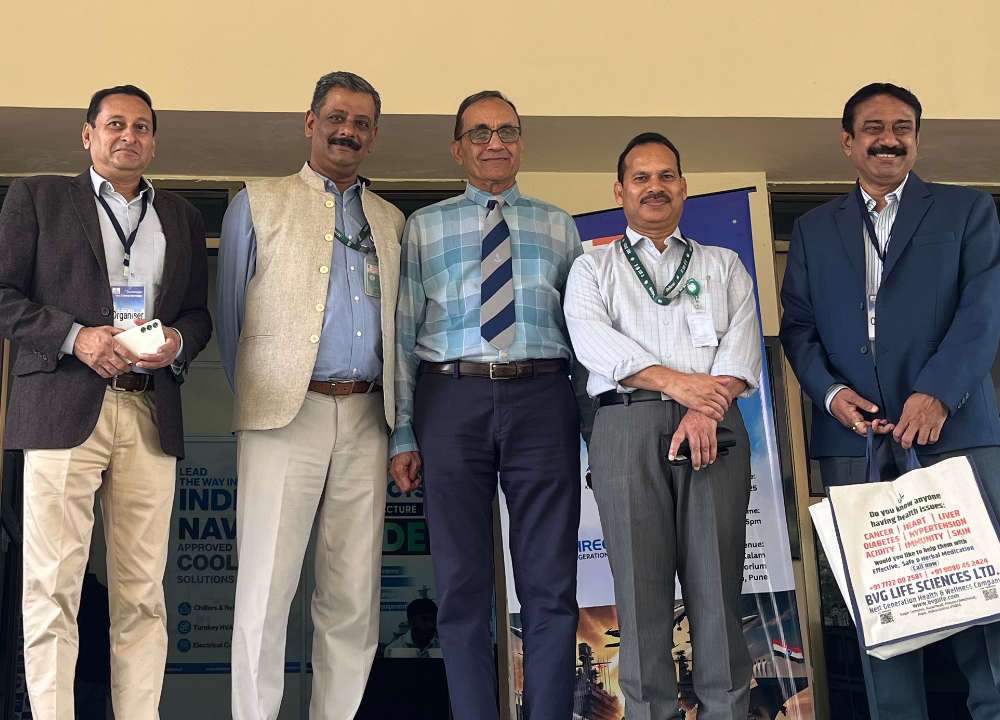The Mutual Credit Guarantee Scheme for MSMEs (MCGS-MSME) has been introduced to offer a 60% guarantee on credit facilities up to Rs. 100 crore for eligible MSMEs, backed by the National Credit Guarantee Trustee Company Limited (NCGTC). The scheme aims to support MSMEs in purchasing equipment or machinery by providing credit guarantees to Member Lending Institutions (MLIs).
To be eligible for the scheme, MSMEs must meet certain criteria: they must be a registered MSME with a valid Udyam Registration Number, not classified as a non-performing asset (NPA) by any lender, and the cost of equipment or machinery should make up at least 75% of the total project cost. NCGTC, a fully owned entity of the Department of Financial Services under the Ministry of Finance, Government of India, is responsible for implementing this initiative.
Once an MLI sanctions a loan to an eligible MSME, the MLI will submit the loan details on the NCGTC portal and pay the required fees. Upon verification, the MLI will receive confirmation that the loan is covered under the scheme.
Scheduled Commercial Banks (SCBs), All India Financial Institutions (AIFIs), and Non-Banking Financial Companies (NBFCs) can participate as MLIs, provided they enter into an agreement with NCGTC. In addition to the launch of the MCGS-MSME, the government has recently introduced various measures to reduce the tax compliance burden for smaller businesses and individual taxpayers.
Recent updates aim to ease the tax compliance burden for smaller businesses and individual taxpayers. These include provisions for presumptive taxation under Sections 44 AD and 44 AE of the Income Tax Act, 1961, along with updates regarding tax audits for businesses under Section 44 AB.
Additionally, the removal of Tax Collected at Source (TCS) on specific goods under Section 206C and the rationalization of Tax Deducted at Source (TDS) rates across various sections are part of the reforms. Furthermore, there is a proposal to simplify the Income Tax Act, making it more concise and easier to understand.
Furthermore, the proposed Income-tax Bill 2025 aims to make the tax provisions more concise, clear, and user-friendly by eliminating redundant sections and improving readability. This update was shared by Shri Pankaj Chaudhary, Minister of State for Finance, in a written response to a question in the Rajya Sabha today.








